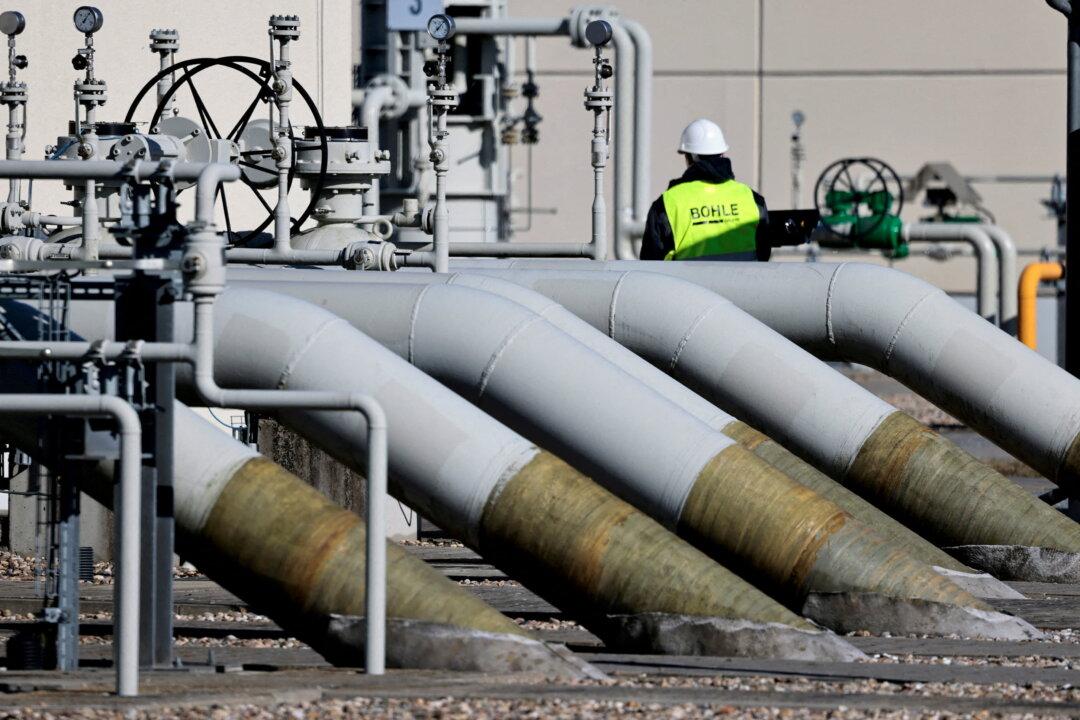European energy companies are requesting at least 1.5 trillion euros in government liquidity to cover their margin calls following Russia’s cut-off of gas supplies to Europe which caused costs to soar, according to Norway’s utility firm Equinor.
Firms in Britain were not included in the Norwegian power company’s estimates.





